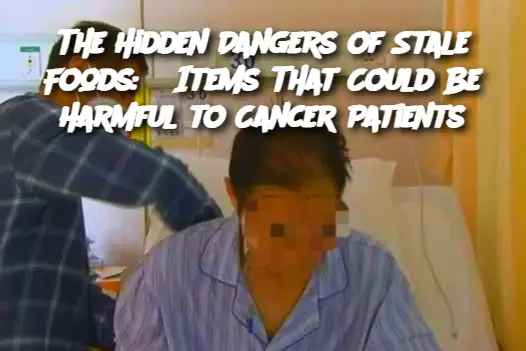For Low-Sodium Diets:
Cancer patients often need to follow a low-sodium diet. Opt for fresh, unprocessed foods and store homemade sauces and soups in portion sizes so they can be consumed within a short period.
For Soft Food Diets:
If swallowing or digestion is a concern, choose soft, easily digestible foods and prepare them in small quantities to avoid leftovers. Pureed soups and mashed vegetables can be stored for up to two days.
For Vegan or Plant-Based Diets:
Fresh fruits, vegetables, legumes, and plant-based proteins should be the focus. Keep plant-based milk, tofu, and other perishable items in airtight containers, and discard them within a couple of days if unused.
FAQ:
Q: How can I tell if my food has gone bad without smelling it? A: Look for visible signs of spoilage like mold, discoloration, or an unusually slimy texture. If food has changed significantly in texture or color, it’s best to throw it out.
Q: Can I reheat leftovers multiple times? A: It’s not recommended to reheat food more than once, especially if it’s been sitting in the fridge for a few days. Reheating food repeatedly can lead to bacterial growth, which is especially dangerous for cancer patients.
Q: Is it safe to eat leftovers after they’ve been in the fridge for five days? A: Generally, leftovers should be consumed within three to four days. After five days, the risk of bacterial contamination increases, making the food unsafe to eat.
Q: How can I safely store food for a longer period without risking spoilage? A: Freezing leftovers is the best way to store food for a longer time. It prevents bacteria growth and preserves the food’s nutrients. Be sure to store it in air-tight containers or freezer bags.
Q: Can cancer treatments affect the way I process food? A: Yes, treatments like chemotherapy can weaken the immune system, making it harder for the body to fight off foodborne illnesses. It’s important to be extra cautious about food safety, hygiene, and storage when undergoing treatment.
Conclusion: For anyone dealing with stomach cancer, careful attention to food safety is essential. The five foods mentioned here can become dangerous to health if left in the refrigerator for too long, especially for those with weakened immune systems. By properly storing and disposing of foods that have overstayed their welcome, cancer patients can reduce their risk of foodborne illnesses and maintain a healthier diet. Always remember that when in doubt, throw it out—it’s better to be safe than sorry.
ADVERTISEMENT

